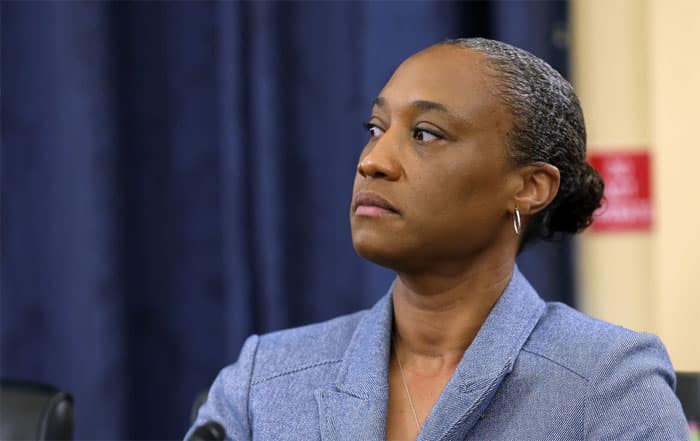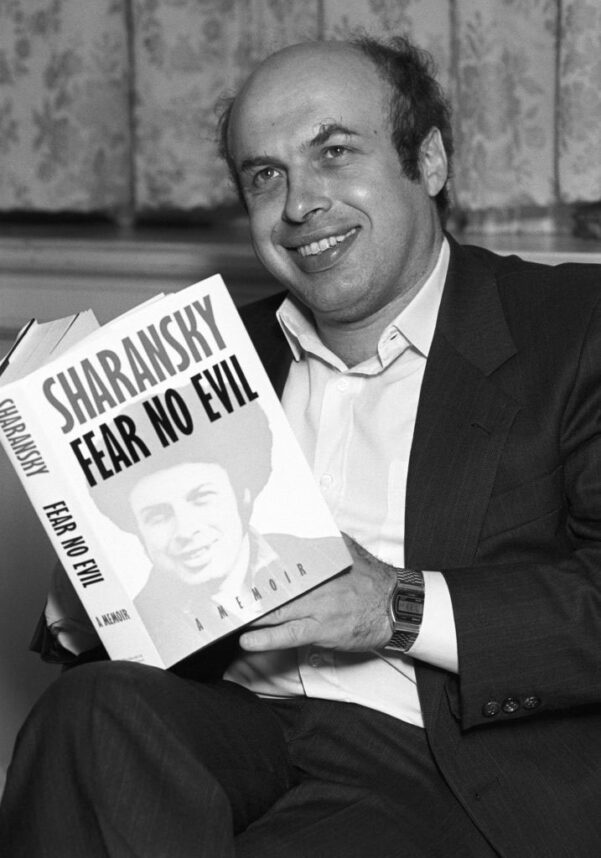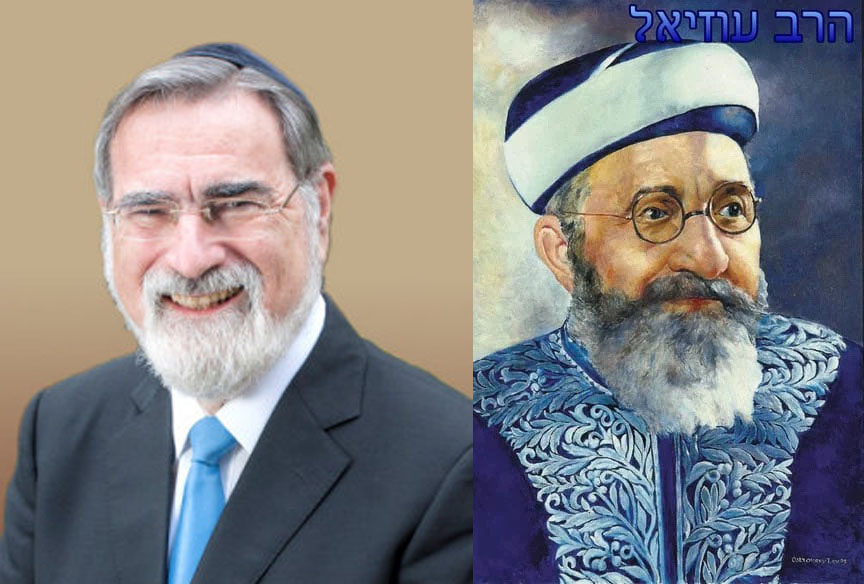
Laphonza Butler was sworn into the United States Senate to succeed Dianne Feinstein on Oct. 1, only days before the Simchat Torah massacre in Israel. In fairness to Gavin Newsom who, as California’s governor, had the responsibility of filling the seat of one of Congress’ most ardent supporters of Israel after her death, there was no possible way to have known how quickly and how dramatically the Middle East would have risen on the Senate’s to-do list.
Newsom has always been a strong backer of the Jewish state. But his appointment of Butler is beginning to appear as if she may be working against Israel’s interests.
It was clear from his announcement that Newsom greatly respected Butler’s consistent advocacy for reproductive rights, social justice and other shared domestic policy priorities. It was also widely known that Butler had saved Newsom from a predicament of his own making, when after promising to appoint a Black woman to the seat, his presumed top choices of Karen Bass and Barbara Lee were unavailable. Newsom, who traveled to Israel less than two weeks after the terrorist attacks, has always been a strong backer of the Jewish state. But his appointment of Butler is beginning to appear as if she may be working against Israel’s interests as it confronts the complicated regional and global politics that have emerged in the aftermath of the Hamas slaughter.
Even before Oct. 7, we knew that the Democratic Party was dividing over Israel. An increasingly vocal group of young people, voters from minority communities and other progressives, were aggressively taking up the Palestinian cause. But while those differences had created some tense moments in American domestic politics in recent years, the impact on the world stage was not as pronounced. But that is changing quickly, and the U.S. Senate is right at the center of much of that action.
Last month, after Israeli Prime Minister Benjamin Netanyahu publicly repudiated the possibility of a Palestinian state, Butler was one of a handful of Senators to announce their support for making U.S. military aid to Israel conditional on Israel’s willingness to adhere to American preferences on how to prosecute the war in Gaza. Along with the Senators who had previously supported the goal, this now means that over one-third of the Democratic caucus supports such conditionality.
Butler has also voted for a less popular bill that, if passed, would have required the Biden Administration to launch an investigation into alleged human rights violations by Israel. This measure received only 11 votes, slightly more than one-fifth of Democratic Senators, but it also positioned Butler within an even smaller group of party renegades challenging their party’s historic support for Israel. President Biden himself and most of the party’s more traditional members – including Newsom — have not wavered in their support for the Jewish state. But the cracks in the Democratic coalition are showing, and while Butler’s Senate term will conclude in January 2025, given her decision not to seek election to a full term, speculation is already rampant that she will seek another elective office at some point in the future. If that does happen, the state’s Jewish community and other supporters of Israel should remember these votes.
To Butler’s credit, she has not joined the calls for a permanent cease-fire. But in a Los Angeles Times interview in January, she seemed to prioritize the language that has been used in the calls for a ceasefire (https://www.latimes.com/politics/story/2024-01-18/california-laphonza-butler-interview-senate-feinstein-mccarthy-biden-trump) as opposed to a more fundamental opposition to ask Israel to stand down while more than a hundred of their women, men and children continue to be held as hostages by Hamas.
Republicans have their own shortcomings on Israel, most notably a House Speaker who undermined U.S. aid to Israel in the first weeks of the war by linking it to an unrelated domestic policy matter involving Internal Revenue Service funding. But whether as an elected officeholder or an influential activist, Butler will be a prominent voice in the post-Biden Democratic party for many years to some. As the Democrats wrestle with questions about how their party will position itself on issues regarding Israel and the Palestinians in the future, we would all benefit from knowing more about what Butler believes can be a path to peace in the Middle East.
Dan Schnur is the U.S. Politics Editor for the Jewish Journal. He teaches courses in politics, communications, and leadership at UC Berkeley, USC and Pepperdine. He hosts the monthly webinar “The Dan Schnur Political Report” for the Los Angeles World Affairs Council & Town Hall. Follow Dan’s work at www.danschnurpolitics.com.






















 More news and opinions than at a Shabbat dinner, right in your inbox.
More news and opinions than at a Shabbat dinner, right in your inbox.